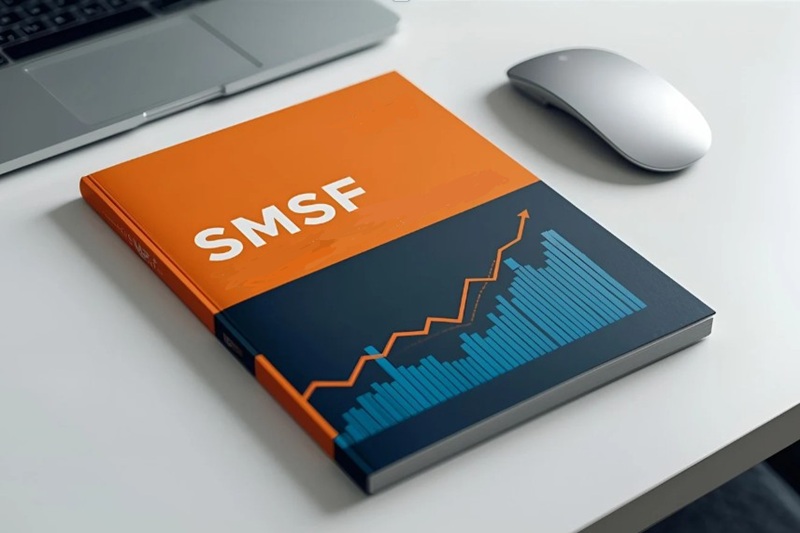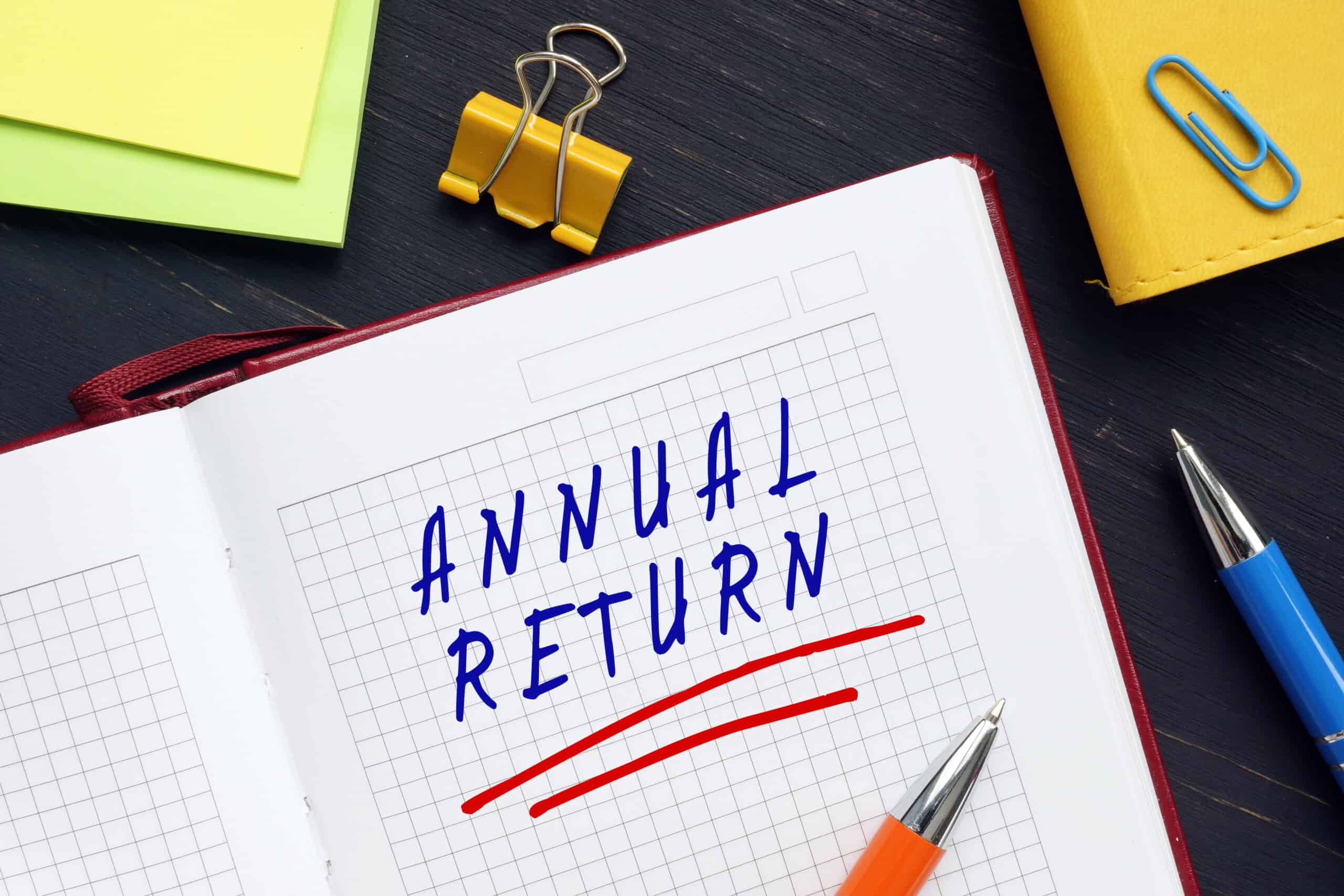Managing a self-managed super fund involves ongoing reporting and compliance obligations. While many trustees engage professional support, accounting mistakes can still occur – often due to misunderstandings, incomplete records, or timing issues rather than deliberate errors.
Many of these issues only come to light when preparing the SMSF tax return, during the audit process, or when figures do not reconcile as expected. Understanding the most common SMSF accounting mistakes helps trustees identify risks early and avoid unnecessary delays or compliance concerns.
In short:
- Many SMSF accounting mistakes arise from incorrect classifications, missing information, or timing errors.
- Small errors can lead to audit delays, amendments, or additional compliance work.
- Trustees do not need to prepare accounts themselves, but should understand common risk areas.
- Consistent processes and specialist SMSF accounting support significantly reduce the likelihood of errors.
Common SMSF Accounting Mistakes
Incorrect Recording of Contributions
Contribution errors are among the most common issues seen in SMSFs. These can include:
- Misclassifying employer and personal contributions
- Incorrectly allocating contributions between members
- Recording contributions in the wrong financial year
Contribution errors can affect contribution caps and tax outcomes if not identified and corrected early.
Inaccurate Investment Reporting
Investment-related mistakes often occur where transactions are missing or duplicated, asset values are incorrect at 30 June, or income and distributions are incomplete.
Accurate investment reporting is essential for preparing reliable SMSF financial statements and supporting audit and tax reporting requirements.
Pension Reporting Errors
For SMSFs paying pensions, errors most commonly arise in how pension balances and payments are recorded, including:
- Incorrect opening or closing balances
- Missing or misclassified pension payments
- Incorrect treatment of commencements, commutations, or rollbacks
These errors can affect tax calculations and regulatory reporting, particularly where pension and accumulation interests exist side by side.
Timing and Cut-Off Errors
Timing issues can arise where transactions are recorded in the wrong financial year, bank transactions are omitted or recorded late, or expenses and income are not accrued correctly. These mistakes often lead to reconciliation issues and additional queries during audit and lodgement.
Related-Party Transaction Issues
SMSFs are subject to strict rules around related-party dealings. Common problems include inadequate documentation, incorrect classification of related-party investments, or transactions that are not conducted on arm’s-length terms.
These matters are closely reviewed by the SMSF auditor and can result in additional compliance work if not handled correctly.
Incomplete or Disorganised Records
Poor record keeping remains a frequent cause of delays. Missing documentation may include:
- Bank statements
- Investment holding or transaction confirmations
- Distribution statements
- Pension documentation
Well-organised records support accurate accounting and a smoother audit process.
Why These Mistakes Matter
SMSF accounting mistakes can result in audit delays, requests for amendments, additional compliance work, or increased ATO scrutiny in some cases. Clear processes and accurate reporting help ensure your fund meets its obligations and avoids unnecessary regulatory attention.
How Professional SMSF Accounting Helps
Engaging specialist SMSF accountants helps reduce the risk of errors by ensuring transactions are recorded correctly throughout the year, contributions and pensions are classified accurately, financial reporting aligns with audit and tax requirements, and supporting documentation is complete and audit-ready.
This proactive approach improves accuracy and gives trustees confidence in their fund’s compliance.
Final Thoughts
Most SMSF accounting mistakes are avoidable with the right systems and specialist support. Trustees who understand common risk areas are better placed to review their reporting and raise questions early.
Working with SMSF specialist accountants helps ensure your fund’s accounting is accurate and compliant. Transparent SMSF accounting fees then provide clarity and confidence year after year.
SMSF Accounting Mistake FAQs
What is the most common SMSF accounting mistake?
Contribution errors are among the most common, particularly incorrect classification or timing. While usually unintentional, these mistakes can have tax and compliance implications if not addressed promptly.
Can accounting mistakes cause SMSF audit problems?
Yes. Accounting errors can result in audit queries, delays, or requests for amendments. Identifying and resolving issues early helps ensure a smoother audit process.
How can trustees reduce the risk of accounting mistakes?
Maintaining complete records, reviewing financial information annually, and engaging specialist SMSF accounting support are effective ways to reduce the risk of errors.
Disclaimer: This article contains general information only and does not take into account your personal objectives, financial situation, or needs. It is not a substitute for financial, taxation, or legal advice. While care has been taken to ensure the information is accurate at the time of publication, superannuation and tax laws are complex, can change, and apply differently depending on individual circumstances. SMSFs are subject to strict compliance requirements, and mistakes can result in penalties or additional tax. You should seek advice from a suitably qualified and registered professional before acting on this information.




